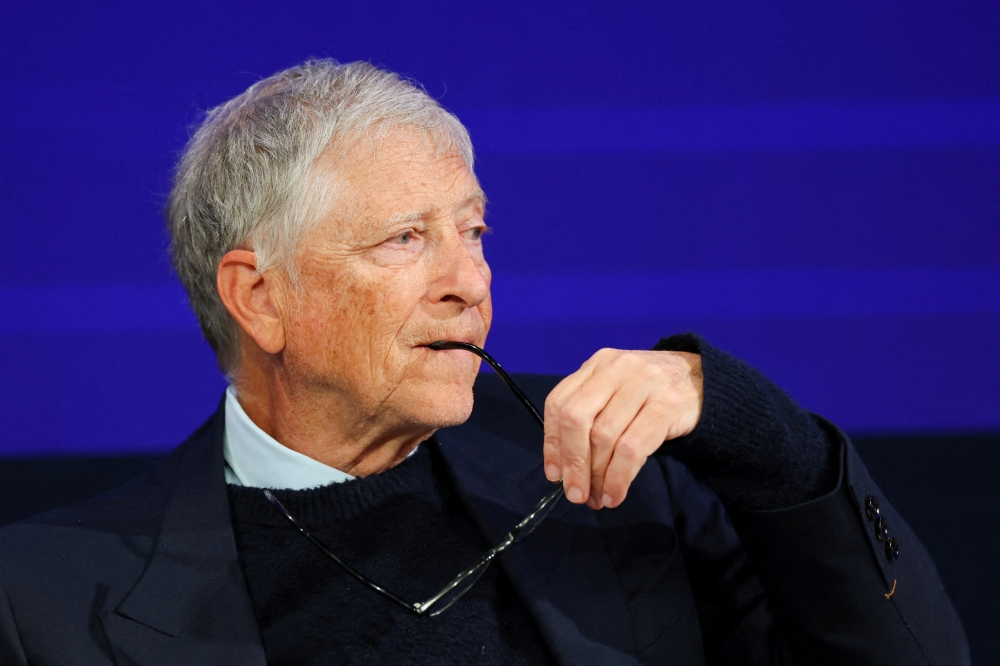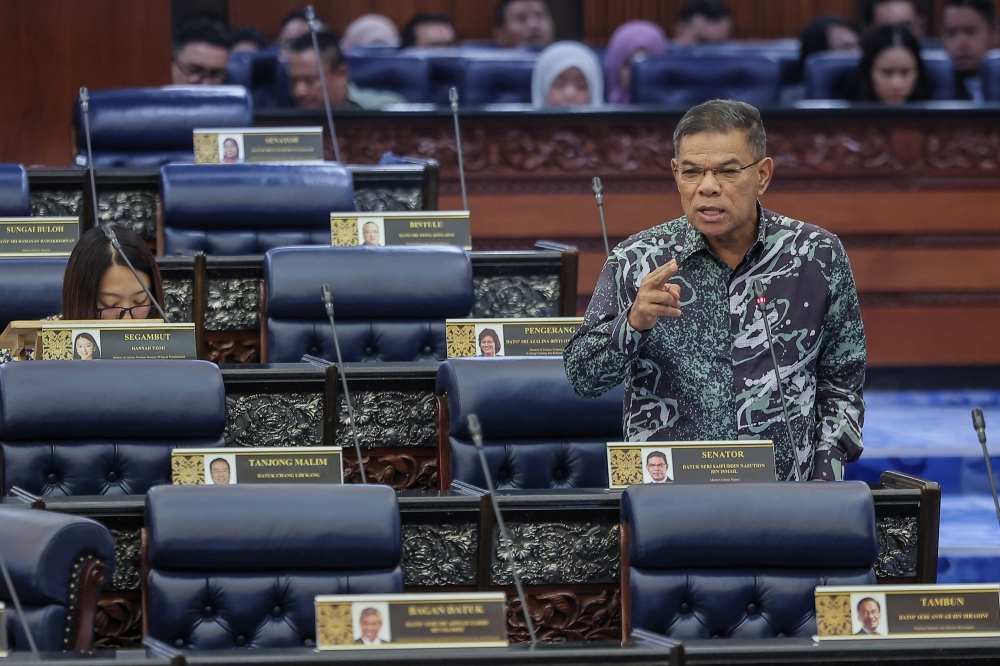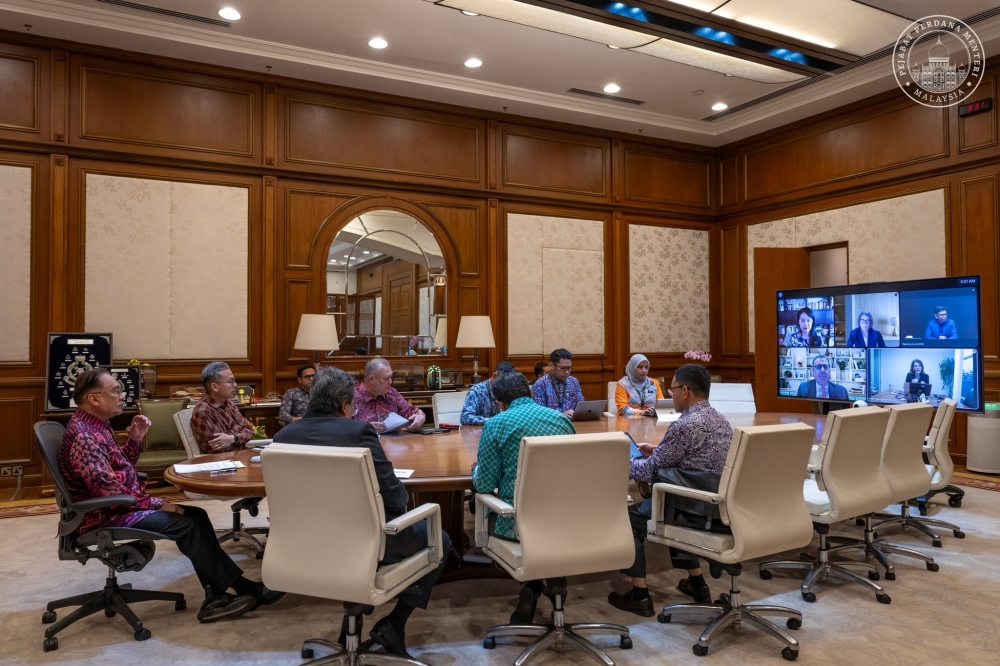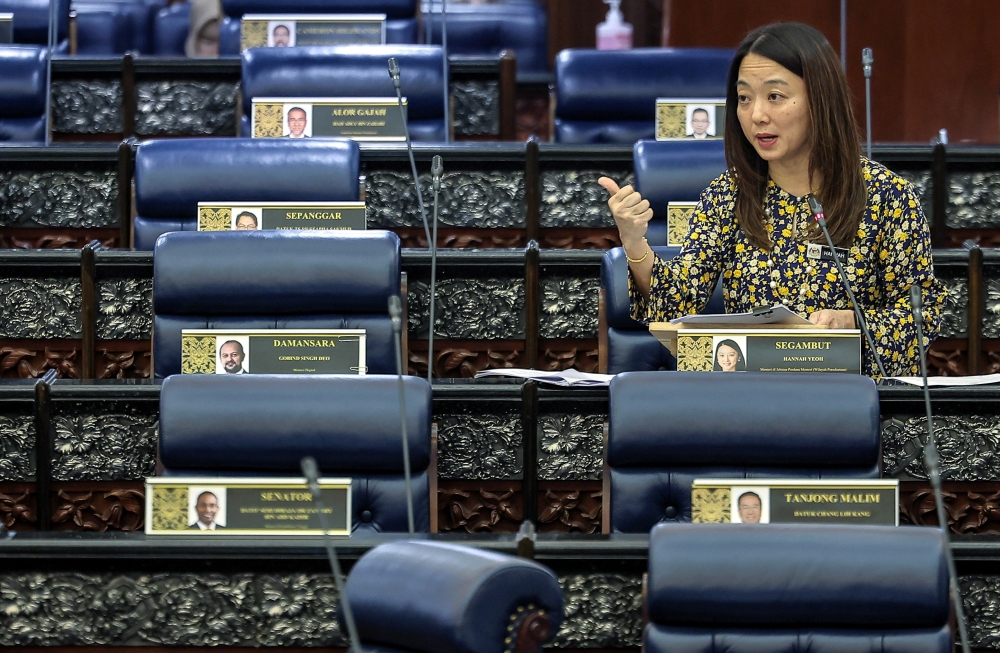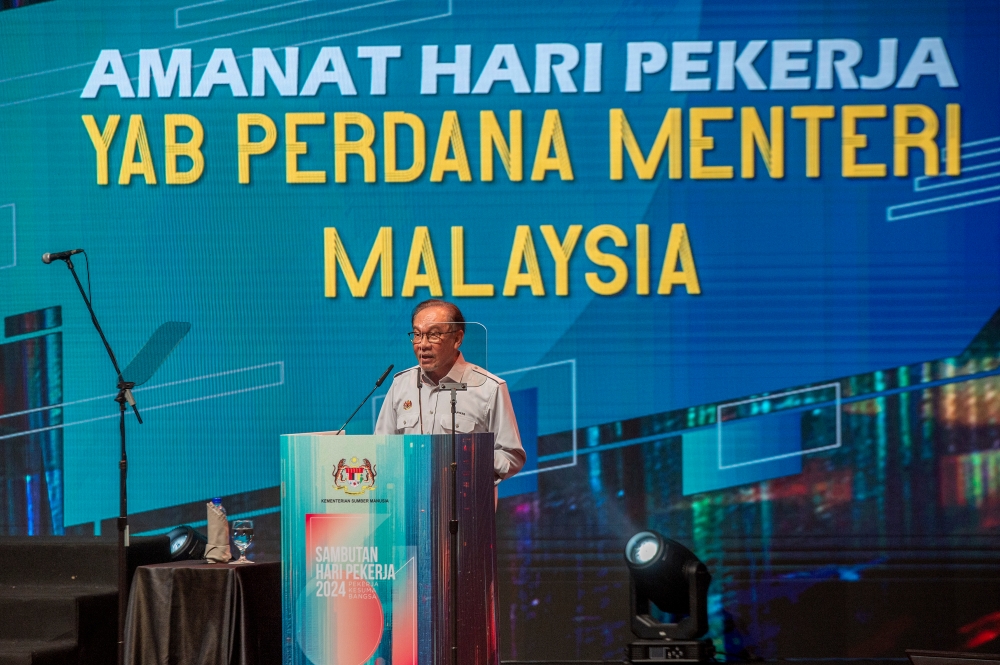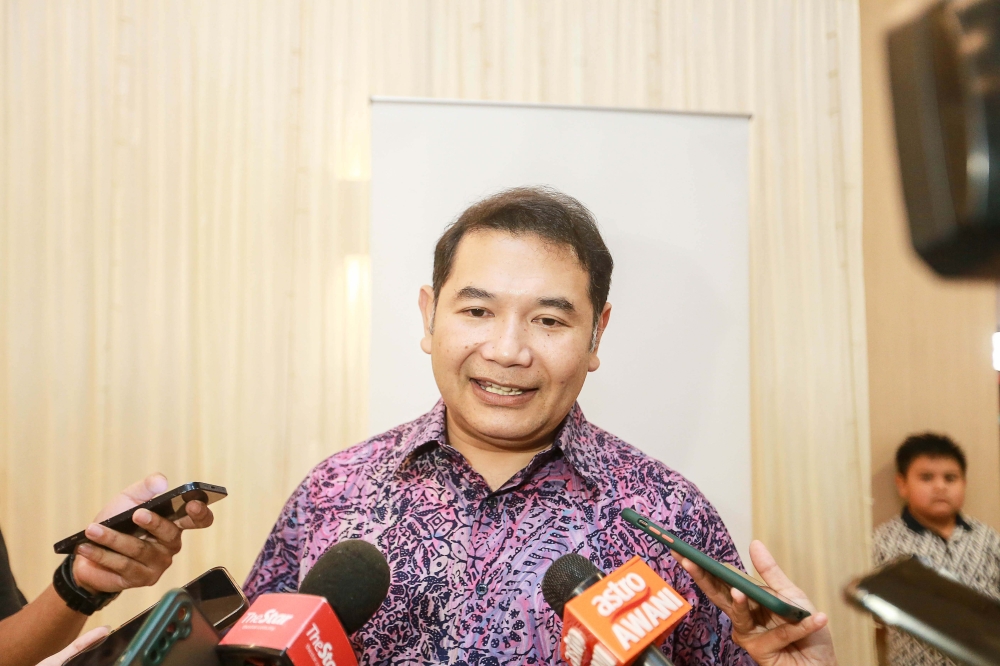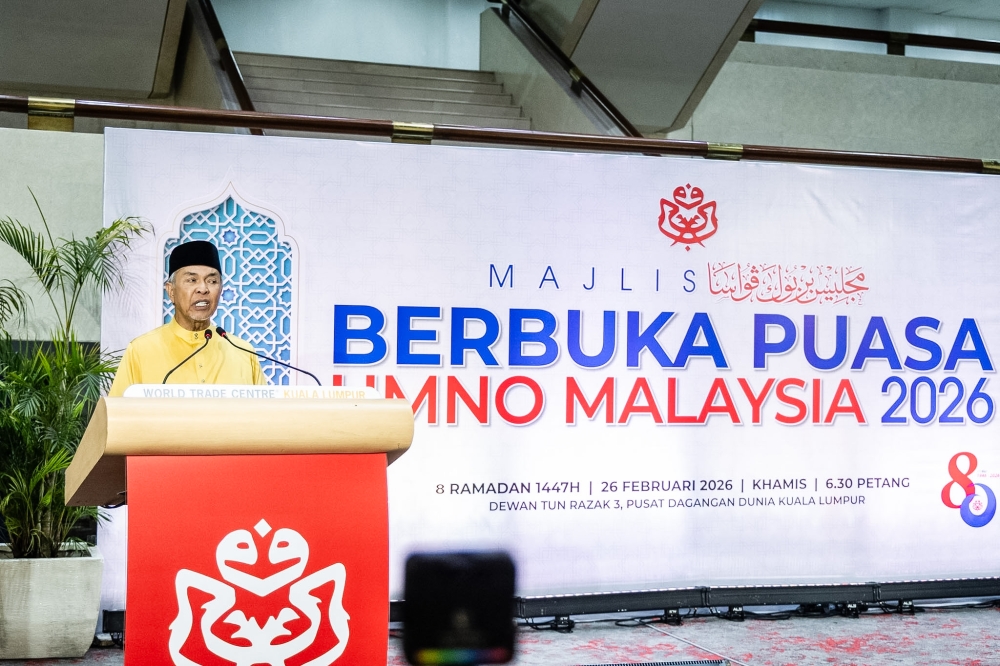KUALA LUMPUR, May 1 — The government’s announcement of a salary increase of more than 13 per cent from December is an appreciation to almost 1.6 million civil servants who have put the country on a firm footing, said the Congress of Union of Employees in the Public and Civil Services Malaysia (Cuepacs).
Its president, Datuk Adnan Mat said Prime Minister Datuk Seri Anwar Ibrahim has also taken a bold step in expediting the implementation of the revised Public Service Remuneration System (SSPA) after the government took no drastic actions to improve the salary structure of civil servants.
“The increase, expected to be over 13 per cent, will provide relief to all civil servants at all levels because it will increase their disposable nett pay.
“No reason for the government not to continue with welfare-based initiatives for civil servants after the various services they have provided to the people and country,” he said in a statement today.
In addition, Adnan also urged civil servants to continue working with the government in providing the best service to the people and economy, as well as carrying out their duties with full trust and responsibility.
“Improve yourself with the necessary skills to ensure the public service is always relevant to the current needs of the people and the economic sector. A high level of commitment by civil servants in providing services will have a positive impact on the country,” he said.
The Service Circular 1/2012 stated that the government’s decision on March 8, 2012 regarding a 13 per cent salary increase based on the Malaysian Remuneration System (SSM) for management and professional group officers as well as the executive group, while the increase ranged from seven to nine per cent for officers in the highest management group.
Meanwhile, Union Network International-Malaysia Labour Centre (UNI-MLC) president Datuk Mohamed Shafie BP Mammal described the increase as a positive start for civil servants to face the rising cost of living.
Today’s announcement, he said, was also a “slap” to private companies who made enormous profits annually but remained indifferent to providing appropriate salary increases to their employees.
“In Malaysia, some employers pretended to announce that their companies suffered losses yearly to avoid increasing their workers’ salary and, even if there is a raise, it is usually for the top management,” he said.
As such, he hoped that the measures taken by the government would be a lesson for private firms to appreciate their workers’ contributions and productivity.
Anwar, when announcing the good news to civil servants, also hoped that private companies would follow in the government’s footsteps in increasing the salary of civil servants.
Mohamed Shafie also described Anwar’s announcement that the Sabah and Sarawak governments have agreed to amend their respective labour ordinances to align with the Employment Act 1955, which is applicable in Peninsular Malaysia, as a good development.
“All these while, our colleagues in Sabah and Sarawak felt that they have been marginalised because they did not get (subject to regulation) minimum wage and longer maternity leave like those enjoyed by their friends in Peninsular Malaysia,” he said. — Bernama



